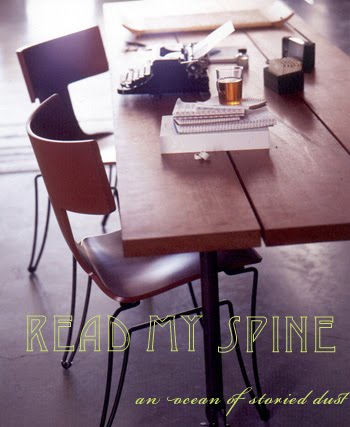

Many blocks away from the piazza del Duomo,
which severs the industrious vein of Via Etnea, Catania’s most commercial street,
and farther away still from the infamous Fecarotta Brothers shop window,
which occupies one of Via Etnea’s prominent intersections,
I observe the morning overture of Via Umberto from my kitchen balcony.
As the waking hours dissipate and the coolness of dawn
is replaced by midday’s gleaming orange orb of light,
the streets of Via Umberto smolder into being.
Quotidian splendors unfurl beneath my eyes.
Across the street, bitter old men dressed in suits of heavy tweed line the stoops of the bus stop,
poised to resume querulous conversations with the occasional spurt of wind.
Helmeted riders stream by in their motorinos,
unleashing an acrid gurgle of petrol into the sultry morning breezes.
At the Vezzosi soda kiosk a cigarette dangles precariously from the slackened lips
of a man slicing oranges and lemons under a faded parasol.
The smoke disperses into the air.
His work finished, the apathetic attendant exits the scene,
leaving the cutting board populated with fruit.
is commandeered by the dizzying fragrance of lemons.
As I stir a plump yellow wedge in my black tea
the perfume of citrus splashes the walls of the kitchen parlor,
curling into the atmosphere and coloring it the same tawny serpentine
as the painted fractals that cluster on my signora’s ceramic bowls from Caltagirone.
-- from the Catania notebooks, circa March 2008







